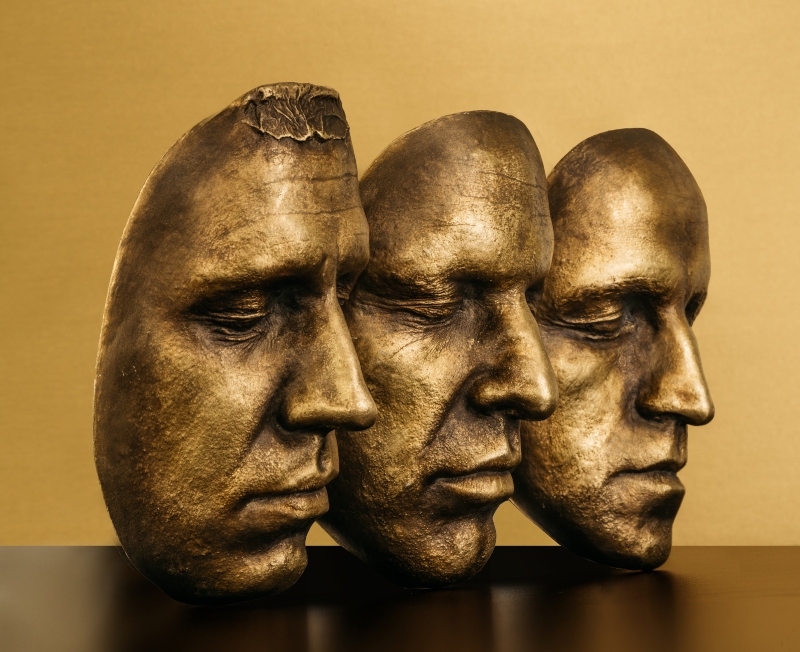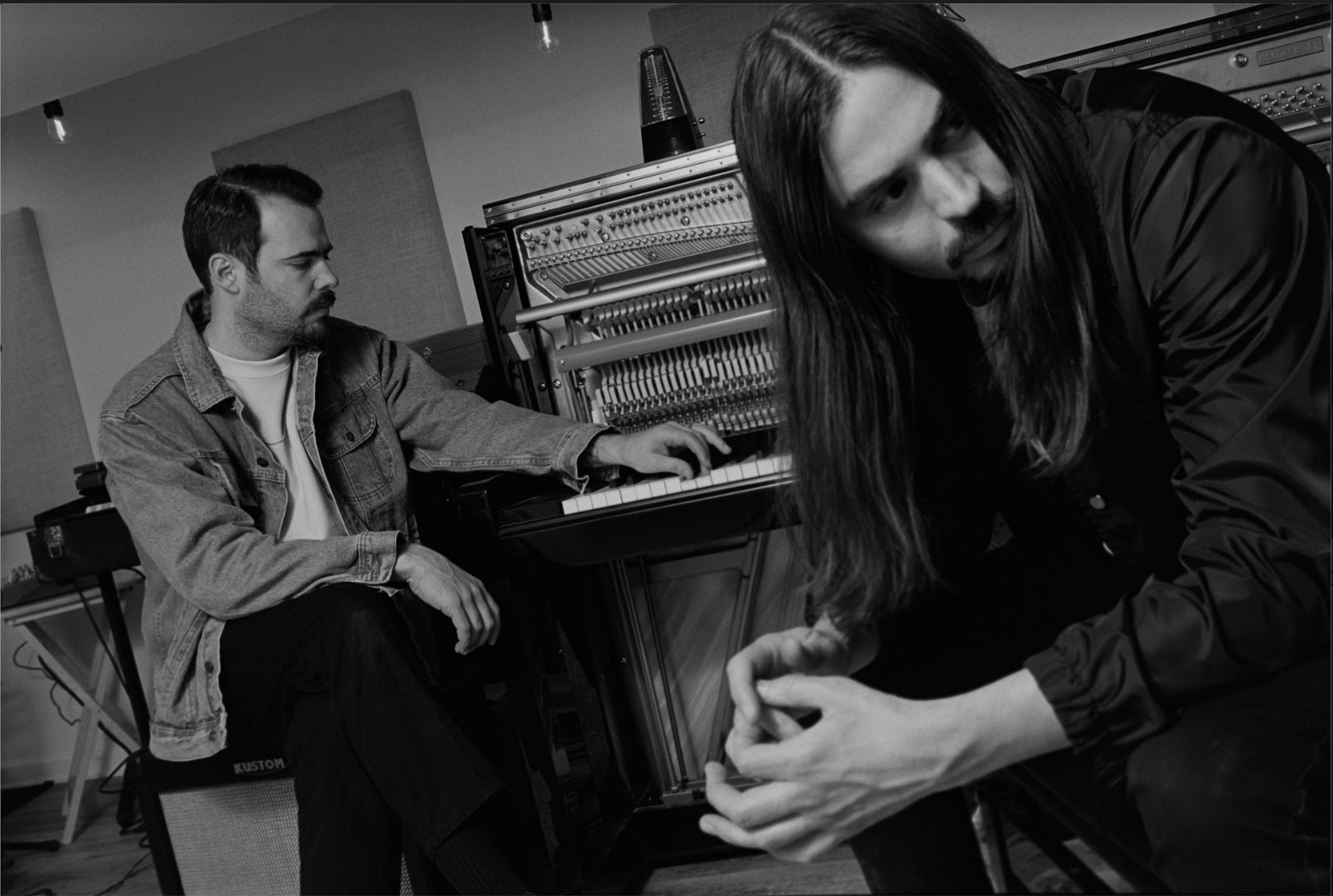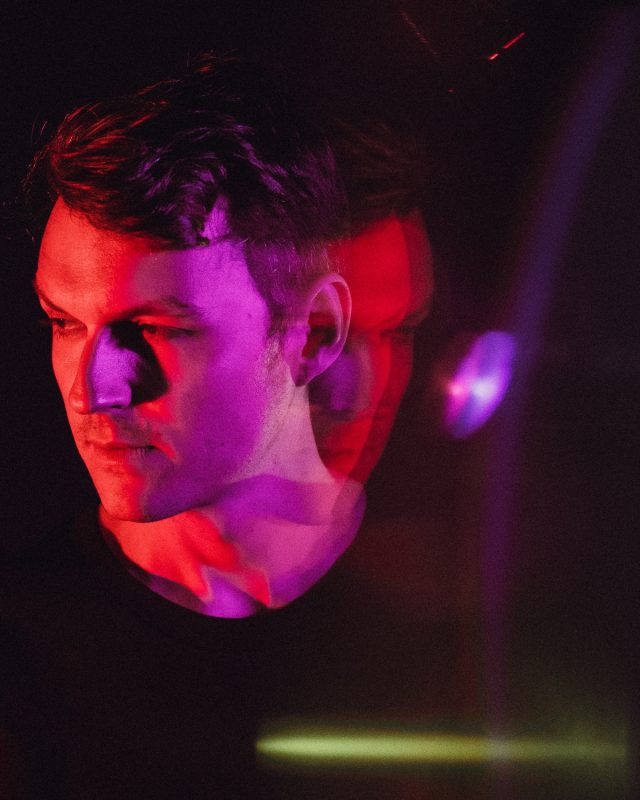5 minutes with… Paco Osuna
Paco Osuna became interested in music at the age of 14, and in 1994, aged 20, he was able to realise his dream of making his passion, his profession. In 2006 he strengthened his artistic vision, by creating the label Mindshake, quickly achieving success in attracting international attention. Artists such as Skoozbot, Ambivalent, Paul Ritch, Matteo Spedicatti and Andrea Ferlín have had releases on Mindshake. Throughout the years Paco Osuna has helped make Mindshake one of the most prominent labels in the US. Paco Osuna’s style combines dark and durable, intelligence and power, machinery and sophistication: a profound conscience of all things music. He likes to be one step ahead of the pack, and that gives him a special identity in everything he produces, or mixes. Over the years Paco Osuna has achieved a great deal, which is reflected in his popularity as an artist and producer. He has managed to coat the purest minimalist sounds, combining them with his most characteristic fibres; depth, darkness and intelligence. Through his passion and intensity, Paco has made people in the scene take note of his creativity and innovation.
Hello! How are you and what have you been up to lately?
In recent months I have been focused on the production of my next LP, which will be released this October. This season has also been one of constant touring. So my time has elapsed between the studio, touring and family life. Everything has been ATOPE so far
To those not familiar with you, how would you describe your sound?
My sound is techno and within it, the different variations. I attempt to develop a history of more deep moments, more funky, of transition to stronger musical spaces, with harder sounds. My sessions always bear the Paco Osuna stamp; that is music that invites you to dance, joyful music.
Your own label Mindshake Records has had booming success since its formation in 2005. How has this experience been for you?
It has been a truly amazing experience. Mindshake was conceived as a platform for the creation and distribution of electronic music. It emerged because I wanted to have the freedom to produce what I wanted without following the needs or guidelines of any particular level, so I wouldn’t feel that my creativity was restricted. Mindshake was created, also, to give freedom to allow other artists to produce what they feel.
Mindshake boasts quite an impressive roster. How do you go about selecting talent?
The selection has always come very naturally, by identifying with the producers that we sign. If an artist sends me a promo and I like the music, I follow him for a while, I follow his career and if I keep liking his music I invite him or her to join. I also invite my friends, what matters is that the work of the artists we sign has musical balance. Is also essential, for me, to promote producers that are not yet renowned, that don’t have a “status” in the industry.
Your early days as an emerging artist saw you playing in Ibiza and at Amnesia, which must have been hugely influential. Where do you gather inspiration from nowadays?
My son is the engine that keeps me going every day, the person who makes me self-improve and makes me want to be better, for him; my greatest desire is for him to grow up feeling proud of his father.
You’ve created a hybrid DJ/Live setup to create your dynamic shows. How does it come together? How has technology helped translate your ideas into these shows?
A lot; now to me a performance is 50% technology and 50% music, for me both are equally important. I have always tried to include new modules, I like to learn and grow as an artist and I use technology to innovate- It helps me a lot to properly capture my musical ideas. I hate easy things and monotony and technology helps to avoid this, ensuring it’s not easy nor monotonous.
What goes through your mind and how do feel when you see a crowd moving to your music?
It’s satisfying to see that the work I do has a positive impact; this assures that they (the public) like what you’re doing and when they enjoy one of your productions it’s an even bigger reward.
What’s currently happening on the Barcelona music scene? How does it compare to the UK?
London is a cosmopolitan city and in this way it’s very similar to Barcelona. Cultural exchange has made artistic trends to feed from different points of view and it has also enhanced the electronic music scene. But when it comes to musical styles there are differences; there is a wider coexisting of styles in London. In Barcelona there is 75% techno and 25% house; in London there are many more. The techno scene is very similar to Barcelona. For example in Club4 (Barcelona), I feel at home, I can experiment as much as I want, always within the techno style.
You’ve got a strong relationship with Ritchie Hawtin. How did that come about? Has he been integral to your career?
I met him in ’98 at a rave in the south of France. That was our first contact and we started to be friends when I performed at Cocoon and at Amnesia later on. In 2005, after creating Mindshake, he showed interest in what I was doing and he asked me for tracks for Plus8 and Minus. Richie has definitely been important for my career and working with him has helped me to grow professionally. I am a very restless person, I like to learn, seek new paths and Richie is the best example. He’s always looking for new ideas, new technologies and I have absorbed this from him. He’s the artist that has taught me the most throughout my career.
We hear that you are releasing an album in October this year. Can you tell us a bit about how this came about?
For me this is not an album, but an LP. In my opinion an album is a more personal, more musical creation, where you can experiment with sides you haven’t used before, with different styles. After spending more than three years without producing I decided that it was convenient to do a double EP, that is an LP that represents what can be heard at a Paco Osuna session. From quiet moments, through more funky or transitional moments, to peak points. This is an LP that reflects what I do as a DJ in a set, so we have chosen eight tracks, two tracks that try to represent each one of the four intensities or phases that I, as an artist, look for in a performance.
Are there any particular tracks that stand out on this album and how does it compare to your previous works?
I believe that now, with 20 years of experience – I turn 40 this year – I am a little more mature. Maybe I did things less carefully in the past, without paying much attention to detail. In this LP I have ensured that everything sounds perfect, that from minute number one to minute seven everything is in tune; there are songs that I have mastered 11 or 12 times. I really wanted to do something that had all the quality that I as a DJ miss sometimes from other producers. The difference compared to my previous work is in the production. This time I have done it with much more maturity, paying attention to all the small details.
Paco plays South West Four Festival on Saturday 23rd August, head over to www.southwestfour.com for last remaining tickets…
Interview by Alex Lewis



